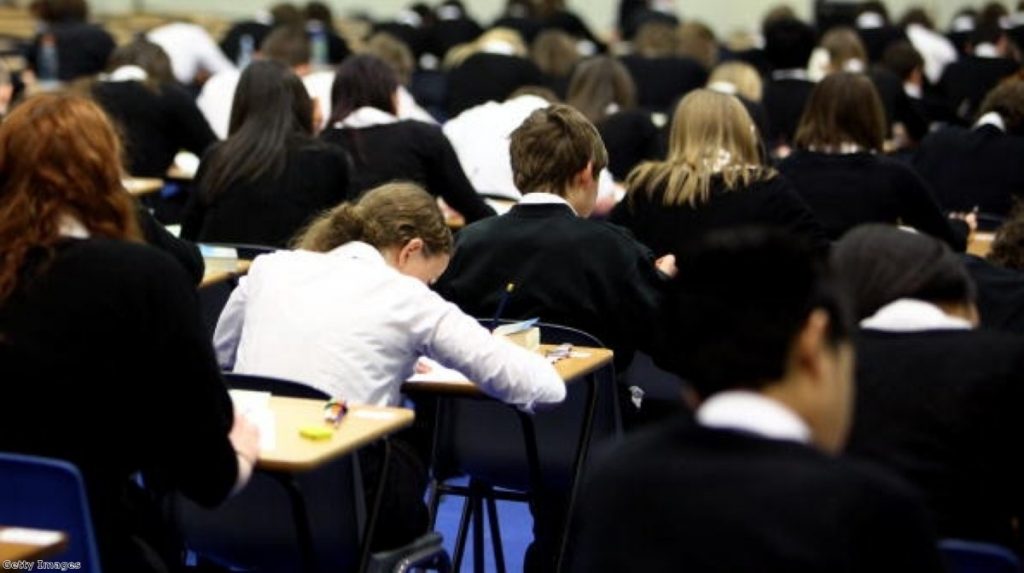We need to teach schoolchildren free speech before university beats it out of them
By Adam Rawcliffe
As the university year draws to a close, it is a perfect opportunity to reflect on what appears to be a disastrous 12 months for free speech on campus. In February of this year the online magazine spiked published its first ever Free Speech University Rankings. After conducting extensive research across all corners of the UK they showed that 80% of universities, as a result of their official policies and actions, have either restricted or actively censored free speech and expression on campus beyond the requirements of the law.
The study proved a marquee moment after numerous newsworthy stories of universities and student unions banning or censoring a variety of different things in the name of protecting students from offence. The LSE men's rugby team was notably dissolved for a year due to the student unions commitment to challenge "cultures that allow misogyny, sexism and homophobia to exist" after they pulled a number of high-profile pranks apparently indicative of 'lad culture'. The song Blurred Lines by Robin Thicke was banned from numerous university campuses because it was said to promote a dangerous idea of consent whilst encouraging 'rape culture'. And the University of Birmingham went as far as to ban 'racist' sombreros and Native American dress from being worn on campus.
But tomorrow we hope to prove that the censorious reputation students have been garnering is far from the mark. Twelve schools from across the UK will meet at the British Library for the Institute of Ideas' Debating Matters competition, a weekend of tough yet open debate on difficult contemporary topics where, most importantly, free speech is encouraged.


The competition, now in its 13th year, is different from what may originally spring to mind when thinking of schools debating. Debating Matters throws aside ceremony and triumphs content over style; students win a Debating Matters debate by winning the argument. The premise of our competition is that debating matters because ideas matter – and we emphasise substance and the importance of taking ideas seriously.
In this regard, we hope to inform the students of the value of debate to civil society. It ultimately does no-one good to hide behind bans and the defences of the offense culture; to actually change the world we have to actively engage with people we disagree with and work hard to convince them of our point of view. Of course, as our students will find out, this is no easy task.
The finalists this weekend have all battled through their regional heats to earn a place at this weekend's final. They have spent the past month researching and preparing for a number of tough but contemporary topics, including whether in a digital age we should expect our online activities to remain private, whether we should allow the use of performance enhancing drugs in sport and, appropriately, whether we have a right to not be offended.
Debating Matters hopes to encourage students to debate before the offense culture can shut them up. But more than this, Debating Matters hopes to prove that the censorious 'Stepford Students' currently making the headlines are no more than a vocal minority. From the evidence of this year's competition it is clear that free debate is alive and well amongst young people- something which can only bode well for the future.
Adam Rawcliffe is partnerships manager at the Institute of Ideas.
The opinions in politics.co.uk's Comment and Analysis section are those of the author and are no reflection of the views of the website or its owners.

